This doesn't mean an author newsletter is the best use of your time. But if you do decide to create one, here are five steps with resources to guide you.
- Choose a provider. I use Mailchimp, which is free up to 2000 contacts. Other options include MailerLite, Constant Contact, and Substack.
- Build an audience. This can be through social media, blogging, or through a sign-up sheet at in-person book events. For more information, check out How to Grow Your Email List by Kirsten Oliphant.
- Create a schedule, such as monthly or weekly. I admit to not being very consistent with sending out my own newsletter, but there’s a good argument for consistency (and other related advice) in No Unicorns: The Right Way to Grow Your Personal Mailing List by Paul Jarvis.
- Decide on your tone (friendly? informational?) and content structure. I typically include book news, other items that might be of interest (like a favorite new read), and end with a fun meme. Cheryl Reif offers four types of content here. Whether your newsletter is newsy or more essay-driven, pick a format that you’ll enjoy sustaining over time.
- When to begin? In the “How to Create an Author Newsletter” article in Poets & Writers (Sept/Oct 2021), the poet Yanyi said, ‘The right time to start a newsletter is when you have a concept, when you have a structure, and when you have the energy to execute it.’
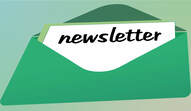
- Draft Mode by Iain Broome combines personal updates with practical links of the week.
- On the Verge by Jody Casella. She writes mini-essays in a storytelling voice that I love.
- Electric Speed by Jane Friedman. I learn something new from every issue.
- B.read.crumbs by Julie Herman and Deborah Zenha-Adams. A newsletter with helpful advice in a friendly, conversational tone. The latest issue has an interesting guest post about book promotion.
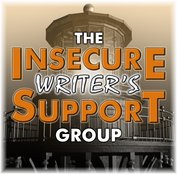
Every month, the Insecure Writers Support Group hosts a blog hop with an optional question. I'm skipping this month's question (When you set out to write a story, do you try to be more original or do you try to give readers what they want?) but sending many thanks to founder Alex Cavanaugh and to this month’s blog co-hosts: Tara Tyler, Lisa Buie Collard, Loni Townsend, and Lee Lowery.
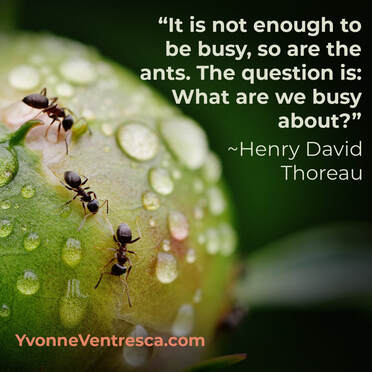
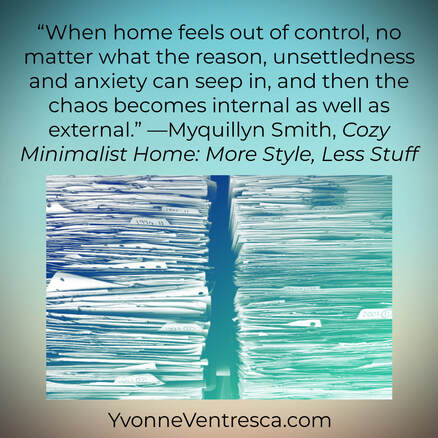
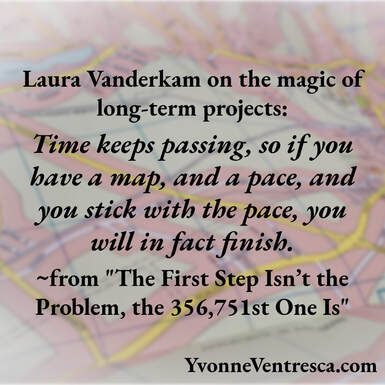
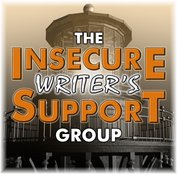





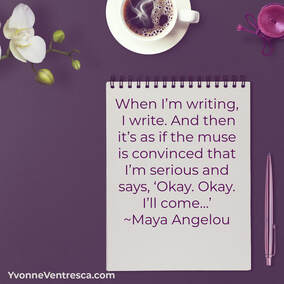
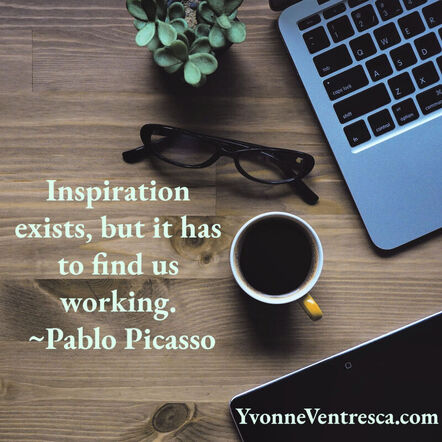
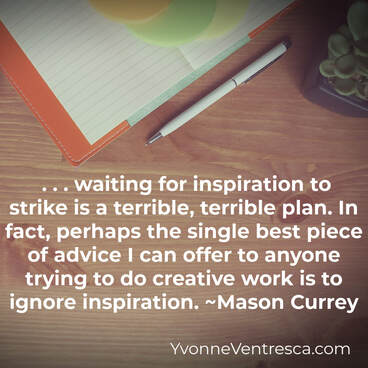


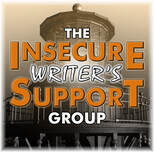
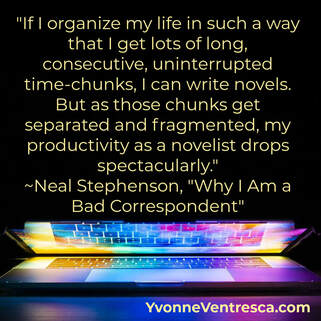

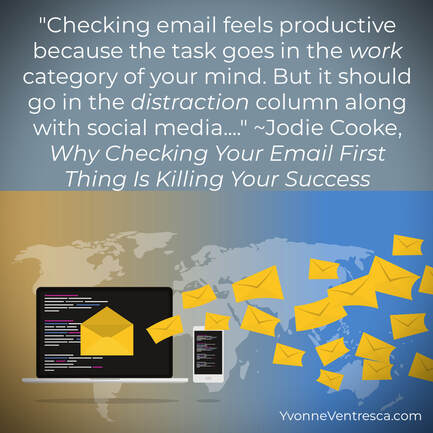


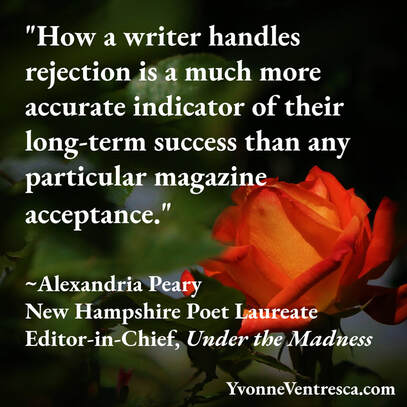
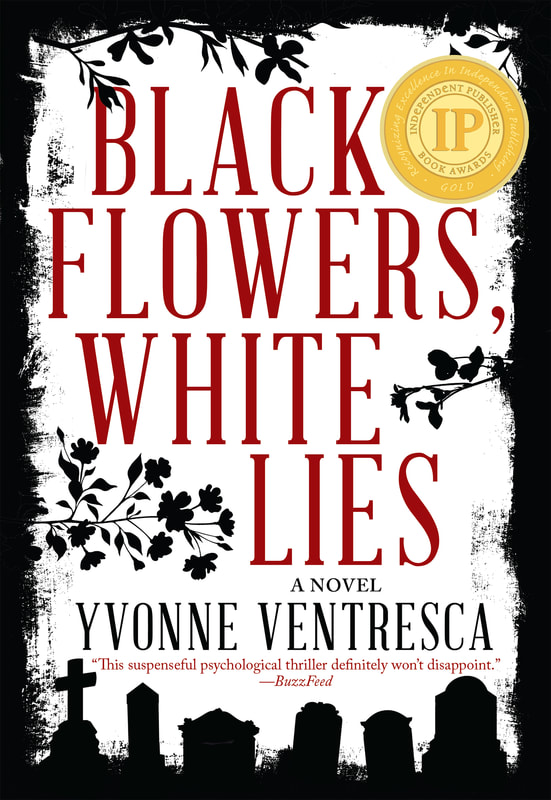
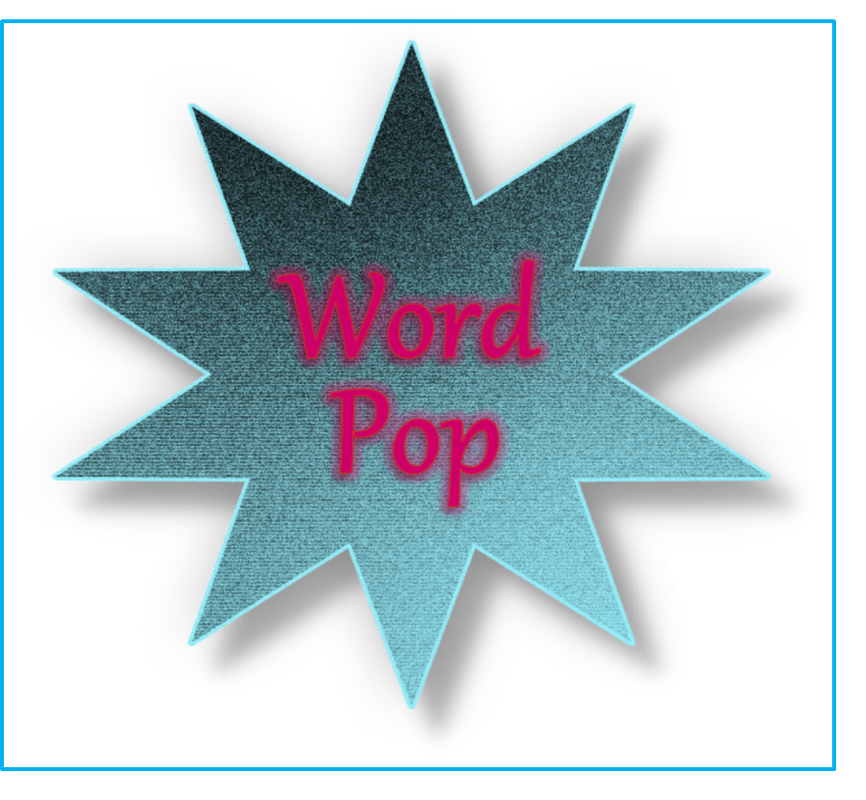
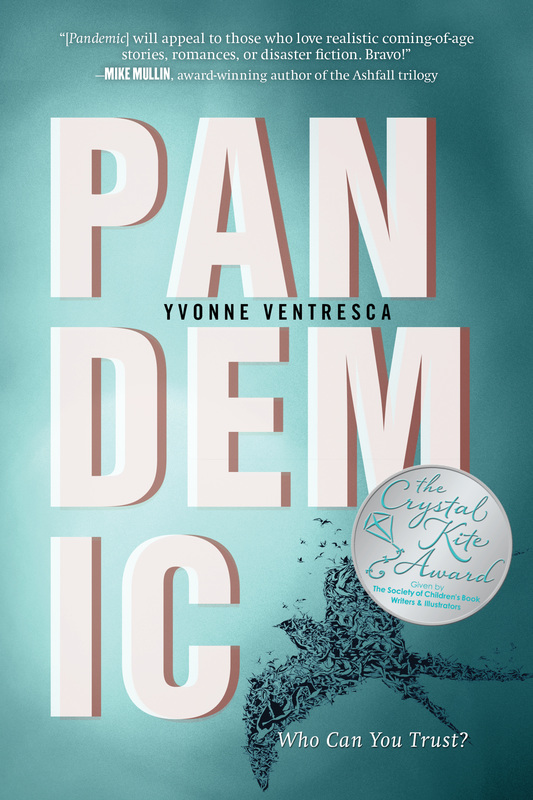
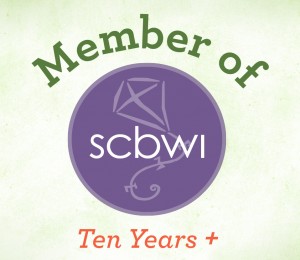

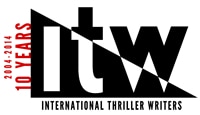
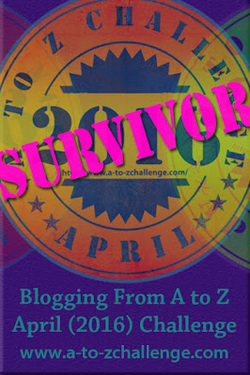
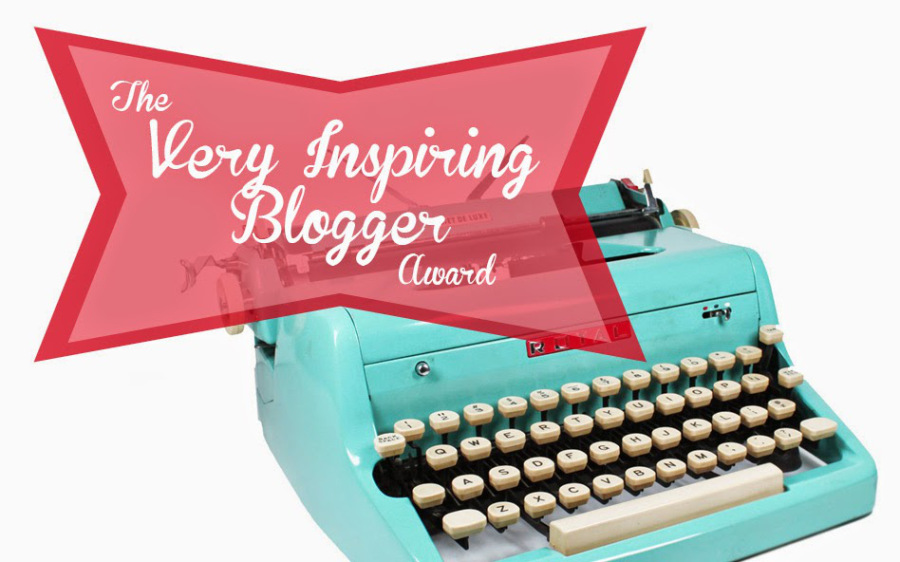
 RSS Feed
RSS Feed